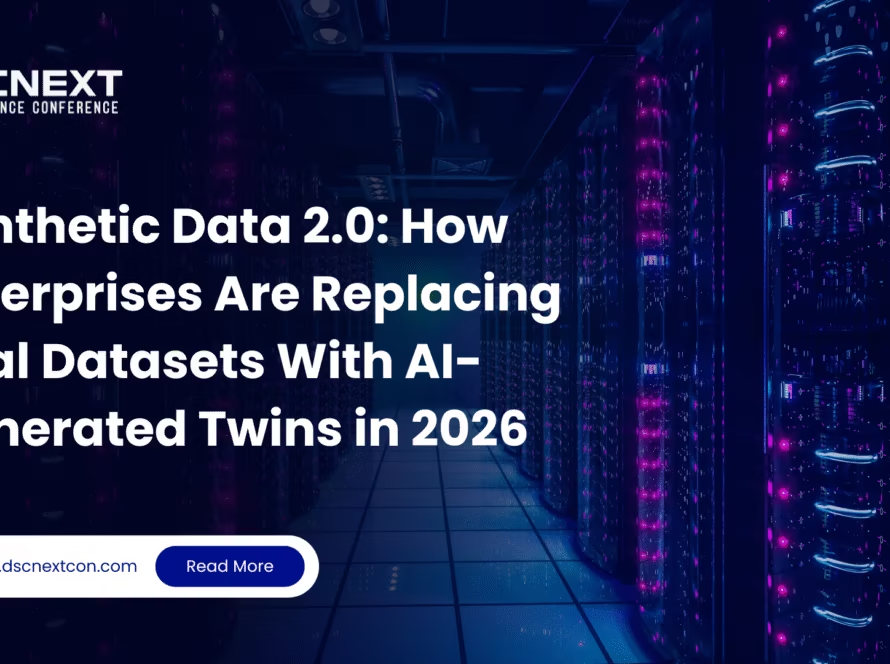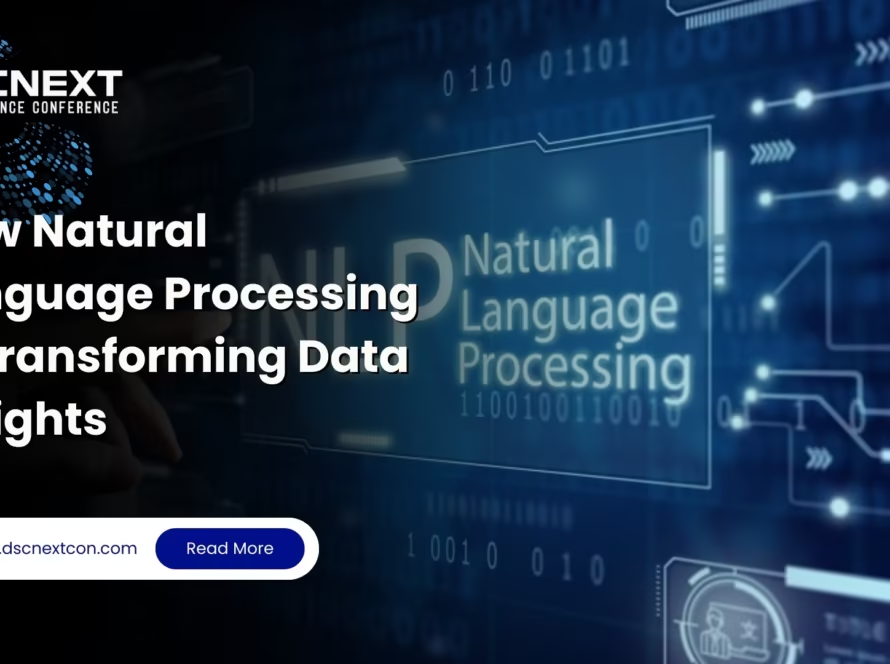Synthetic data is an artificially generated dataset that replicates the statistical properties and structure of real-world data without containing any personally identifiable information, making it a powerful tool for privacy-preserving innovation in AI. It enables organizations to train, test, and validate AI models while significantly reducing privacy risks, regulatory compliance burdens, and ethical concerns related to the use of real data.
Synthetic data supports secure data sharing and collaboration across sectors such as healthcare, finance, and transportation by eliminating direct identifiers and protecting sensitive information. Additionally, it helps overcome limitations like biases and underrepresentation in real data, fostering fairness and more accurate decision-making.
The use of synthetic data also contributes to sustainability by reducing extensive data collection and lowering energy consumption required for handling large real datasets. Despite challenges related to data quality and potential re-identification risks, synthetic data is rapidly becoming essential to privacy-conscious AI development and data-driven innovation globally .
What is Synthetic Data?
Synthetic data is generated using advanced techniques such as generative adversarial networks (GANs), variational autoencoders (VAEs), and rule-based models. Unlike anonymized data, it contains no actual personal data but preserves the complexity and utility required for AI training and testing, thus enabling innovation without compromising individual privacy .
Benefits of Synthetic Data for Privacy and AI
Enhanced Privacy Protection: Synthetic data contains no real personal identifiers, greatly reducing the risk of privacy breaches and ensuring compliance with regulations like GDPR and HIPAA.
Regulatory Compliance: It allows organizations to develop AI solutions within legal frameworks without the need to share or expose actual user data.
Safe Data Sharing: Organizations can safely share synthetic datasets for research, collaboration, and benchmarking without exposing sensitive data.
Bias Mitigation & Fairness: Synthetic datasets can be designed to fill gaps, include diverse populations, and correct biases inherent in real-world data .
Applications Across Industries
Healthcare utilizes synthetic patient records for developing diagnostic tools, accelerating clinical trials, and simulating rare disease cohorts without violating privacy laws.
Financial services harness synthetic data to conduct analytics and risk assessments securely.
Transportation and other sectors also benefit from risk-free experimentation and model testing .
Challenges and Considerations
While powerful, synthetic data requires careful generation to maintain high fidelity to real data for utility, avoid re-identification risks, and address computational demands. Ethical and quality considerations remain essential to ensure synthetic data contributes positively to innovation and privacy.
Conclusion
Synthetic data stands at the forefront of AI and privacy-preserving innovation, offering organizations a sustainable, legal, and ethical path forward. It provides a transformative solution to challenges in data privacy, fairness, and environmental sustainability. By adopting a balanced approach—combining ethical safeguards, technical innovation, and regulatory alignment—organizations can unlock its full potential.
As British mathematician Clive Humby famously said, “Data is the new oil.” Just as oil fueled the industrial era, data now powers the digital age—driving innovation, decision-making, and economic growth. Yet with this power comes responsibility.
Synthetic data provides a way to harness the immense value of data while safeguarding individual privacy, promoting fairness, and respecting the planet. As the synthetic data market continues its rapid growth, its thoughtful integration into operations can shape a future where AI development remains both privacy-conscious and socially responsible
Looking Ahead: DSC Next 2026
DSC Next 2026 marks the second edition of the international Data Science Conference, set to take place in Amsterdam, Netherlands. Organized by Next Business Media, this conference will bring together data science researchers, industry professionals, technologists, and policy experts from around the globe.
The agenda promises to be broader and deeper than 2025’s, featuring expanded workshops, hands-on sessions, panel discussions, and keynote talks focused on emerging trends like data ethics, privacy, AI in industry, predictive analytics, and big data governance. With global participation and collaboration in mind, DSC Next 2026 aims not just to share knowledge, but to build connections and inspire responsible innovation in data-driven technologies.
References
ScienceDirect. “A Decision Framework for Privacy-Preserving Synthetic Data.”
Data Science Society. “Synthetic Data for Privacy-Preserving AI.” December 2024.


